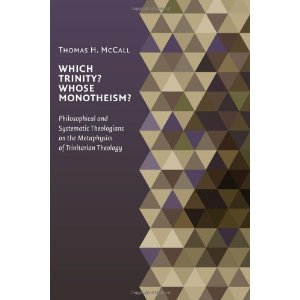Cross-Cultural Dialogue: Theologian and Philosopher
A while back I posted on a short, popular piece by Biola theologian Fred Sanders. He’s now responded. I’m going to continue the conversation, I hope shedding light on the differing assumptions and methods of present-day academic theologians and philosophers. I agree with Fred that responses-to-responses are usually boring. Here’s a greater crime: a (long) response to a response to a response. 😛
I guess what set me in motion was his claim, which struck me as unreasonable, that it’s a good thing that there’s no “Trinity verse” in the Bible – i.e. one which explicitly and clearly states the doctrine.
In fact, up until I think some time in the late 19th c., trinitarians thought they had something pretty close:Read More »Cross-Cultural Dialogue: Theologian and Philosopher


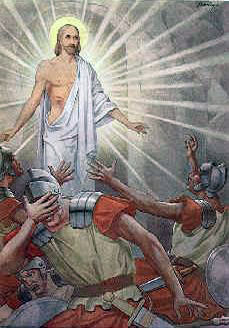

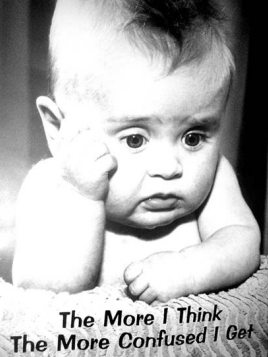

 Over at
Over at 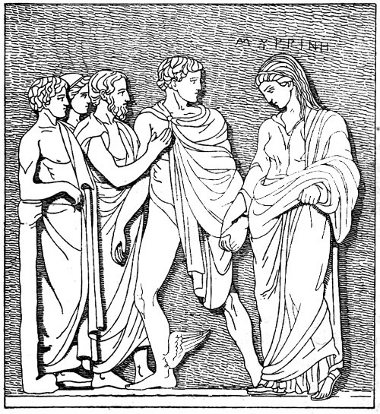

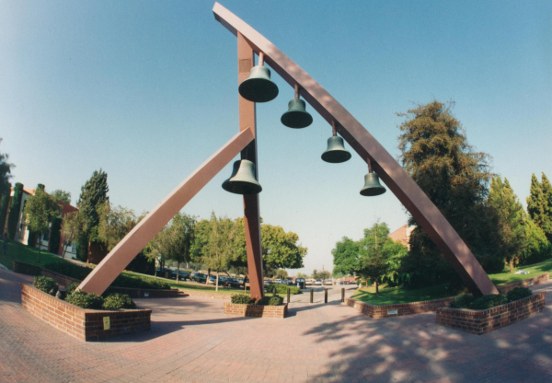




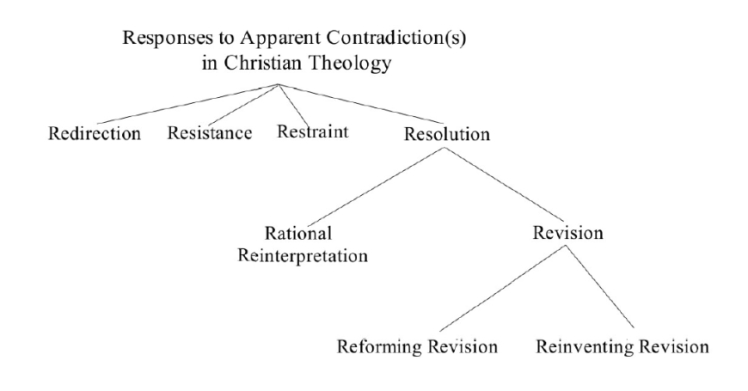
 This post is sponsored by the letter “R”.
This post is sponsored by the letter “R”.